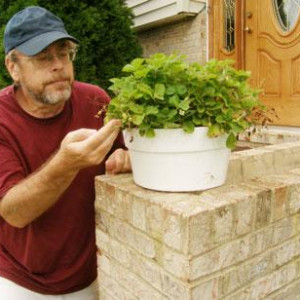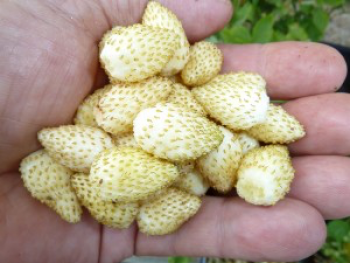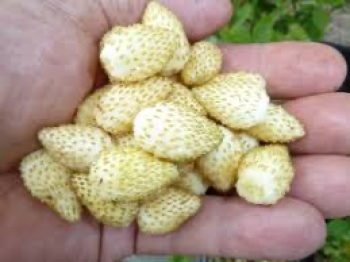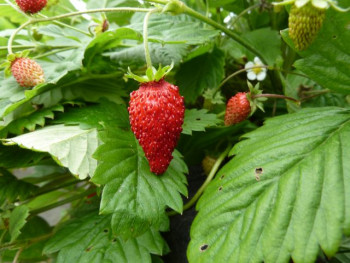Strawberry Seed Store
Located in Middletown, DE, United States (Zone 7a)
0 Total Reviews
Farm Facts
Established in 2005
1.00
acres in production
3 varieties for sale
Grows and Sells: Strawberry

Michael Wellik
About the Farm
I discovered what I call gourmet strawberries in the late 1980’s due to their wild flavor. I grew fruit for a 5 star French restaurant and sold plants for many years. For many years and even today I collect cultivars from around the world. Because there were no seed sources for most of the cultivars I had to learn to save seeds. Health issues forced me to stop growing plants for sale a few years ago and instead grow plants for seed saving.
My farm is 1 acre. It doesn’t sound like much but seeds are germinated and plugs are grown in a vertical caged facility using LED lighting. The farm has been a one man operation from the beginning.
California Department of Food and Agriculture Authorization to Sell Seed No. 0493
Our Commitment to Quality Seed
Strawberries require a distance of at least one mile from each variety or cultivar to insure that cross pollination does not occur. Since there are wild species that grow in non tilled areas it is impossible to insure purity when grown in the open. We use cages with fine screening to exclude pollinators. This requires screening 24/7. Growers of some crops alternate cage open times to reduce the space needed to isolate the varieties. This is not acceptable for strawberries because of wild species that are likely in the vicinity of most strawberry plantings. We also have minimum quantity of plants per cultivar of 25 to allow sufficient numbers for diversity.
Germination tests are conducted at least once per year on every seed lot. Tests are conducted in house and are run more often if a credible report is received of germination below the crop standard of 60%. The majority of the seed sold tests in the 75 - 90% range and all current germination test results are displayed in product descriptions and on seed packet labels.
Our Growing Practices
We are not certified organic but use only organic practices, methods and materials. This is important because strawberries are known to be grown commercially with heavy non organic pesticides and have been classified many years in the “dirty dozen” list of crops. This list is lead by strawberries most years and is shown to be the crop most laden with pesticide residues. We wanted our crops to be organic so they would be acceptable for families to grow and eat their own without the worry about pesticide contamination.
Our Seed Farming Experience
When I started saving seeds there was little information available. The internet was not yet invented when I started so much of the learning experience was by trial and error. There were several disasters in the beginning. Seed was saved and then grown out. The first sign of a problem with the new crop was runners being produced by plants from parents that produced no runners (for alpine types). We do not sell any seed until it has been properly tested for at least two generations for new cultivars.
Regional Adaptation
The main traits that are selected are plant vigor and fruit flavor. We meticulously observe plant growth and monitor fruit flavor for the stock plants. As an example we have been growing and saving seeds for Fragaria vesca ‘Pineapple Crush’ since 1991. The selection process has resulted in a very vigorous plant with exquisite flavor. Biochemists have analyzed the flavor component. One biochemist has concluded that this cultivar has more flavor components than any of the other alpine types. We strive to do the same for all the species/varieties/cultivars that we grow and save.



